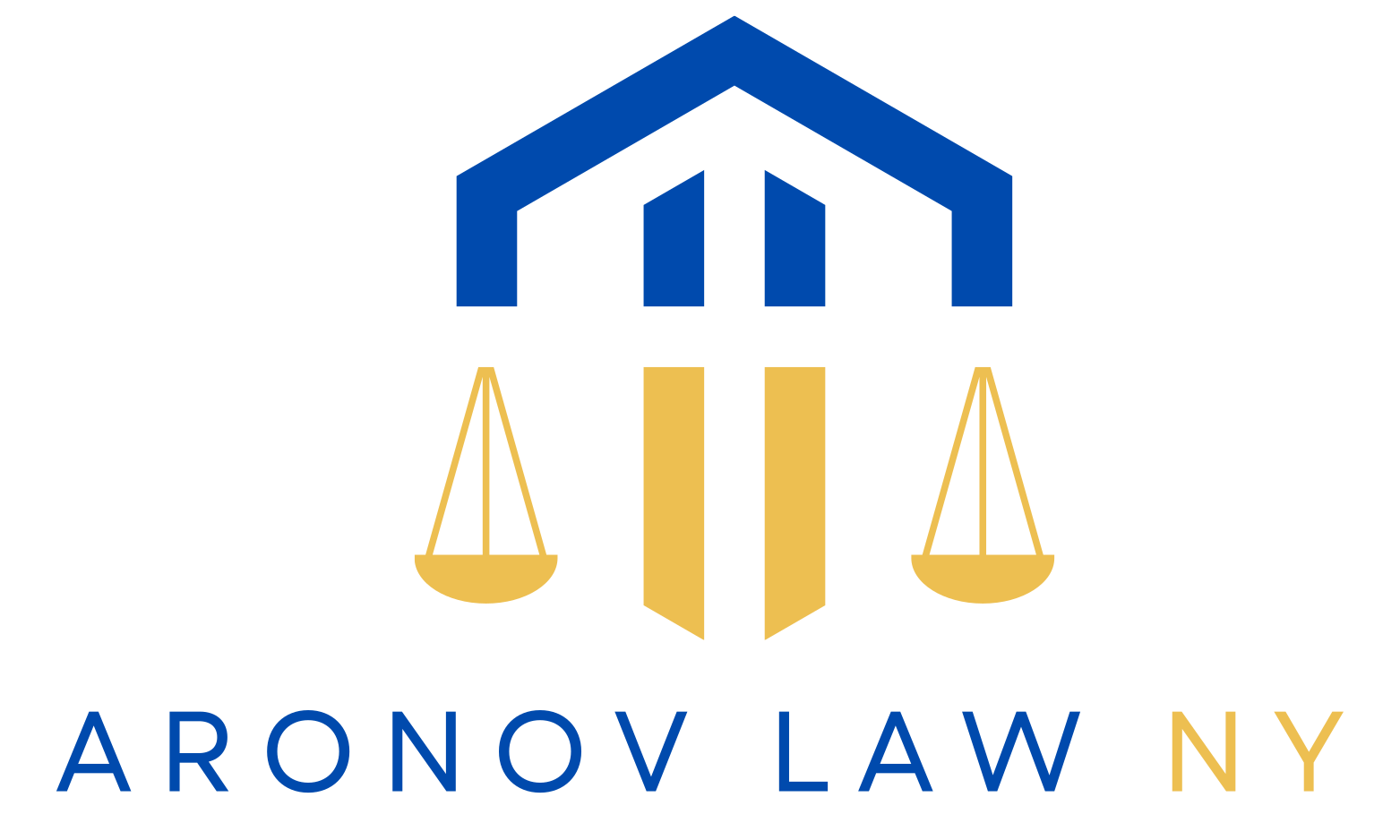NY Short Sales Law + Benefits To Buyers & Sellers (Avoid Foreclosure)
In the dynamic landscape of New York’s real estate market, buyers and sellers often encounter a variety of transactions, including short sales. A short sale occurs when a homeowner sells their property for less than the amount owed on the mortgage, with the lender’s approval. Approval from the lender is required since there won’t be enough proceeds from the sale to cover the amount owed to them and they will be left holding the outstanding debt from. This is often an option sought by sellers who would otherwise find themselves in a foreclosure action. While this process can offer opportunities for both buyers and sellers, it also presents unique challenges and complexities.
Understanding the Dynamics:
New York’s real estate market is renowned for its fast-paced nature and high property values. In such a competitive environment, sellers may be forced into short sales for various reasons, such as economic downturns, job loss, or unexpected financial hardships. For sellers, a short sale may represent an opportunity to avoid foreclosure and minimize damage to their credit and future purchasing prospects. It is notable, however, that a short sale will still impact a seller’s credit rating as well as their ability to obtain credit in the near-term.
Navigating the Process:
Short sales involve multiple parties, including the homeowner, the lender, and potential buyers. One of the critical aspects of a short sale is obtaining approval from the lender, as they ultimately determine whether to accept an offer below the outstanding mortgage balance. This process can be lengthy and complex, requiring patience and expertise. A New York real estate or foreclosure attorney should be consulted by the seller when negotiating for a short sale with their mortgage lender.
Challenges and Considerations:
Buyers interested in purchasing a short sale property should be aware of the potential challenges. These may include extended timelines, uncertainty regarding the final approval from the lender, and competition from other buyers. Additionally, short sale properties are typically sold in “as-is” condition, meaning buyers may inherit any existing issues or repairs needed.
Benefits for Buyers:
Despite the challenges, short sales can offer unique advantages for buyers. They may have the opportunity to acquire a property at a below-market price, potentially enabling them to secure a desirable location or property type that would otherwise be out of reach. Additionally, buyers may have more negotiating power in a short sale scenario, as lenders are motivated to mitigate their losses.
Benefits for Sellers:
A short sale is beneficial to sellers insofar is it helps them avoid foreclosure on their property. After a foreclosure, lenders will impose a five to seven year period during which you will not be able to obtain a mortgage to purchase another property. Whereas if you sell your property in a short sale after negotiating with your lender, you may only need to wait two years before a bank will be willing to issue you another mortgage. Meaning you will be consigned to the rental market for a much shorter period of time.
Expert Guidance is Key:
Given the complexities involved, both buyers and sellers are advised to seek guidance from experienced real estate lawyers familiar with short sales in the New York market. A knowledgeable lawyer can help navigate the process, negotiate with lenders, and ensure that all parties understand their rights and responsibilities.
The Importance of Due Diligence:
Before engaging in a short sale transaction, buyers should conduct thorough due diligence. This includes researching the property’s title, assessing its condition through inspections, and understanding any potential liens or encumbrances. Working with a competent real estate and foreclosure attorney can provide added peace of mind throughout the process.
While a short sale may look appealing when compared to the foreclosure process, there are details that only an experienced real estate/foreclosure attorney will know. Call the attorneys at Aronov Law NY can provide you with a comprehensive look at the short sale process and help you evaluate the property in question.
This article is for educational purposes only – to provide you with general information, not to provide specific legal advice. Use of this post does not create an attorney-client relationship and information contained herein should not be used as a substitute for competent legal advice from a licensed attorney in your state.
New York real estate laws can be complex, contact that the experts at Aronov Law NY now for a full understanding of landlord-tenant, eviction law or any other NY real estate law related topic.


Free Legal Consultation
98-14 Queens Blvd
